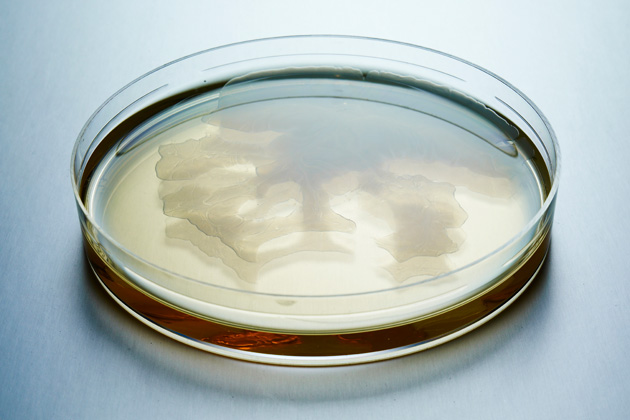Chicken fat, fish heads, and leftover sandwiches are converted into electricity. Tesco (TSCO), Britain’s biggest supermarket chain, along with Marks & Spencer Group (MKS), John Lewis Partnership’s Waitrose, Wal-Mart’s (WMT) Asda unit, and J Sainsbury (SBRY) send bio-waste to biogas plants for conversion, the new waste management coincides with environmental aims. M&S announced this month that it had achieved its five-year objective of becoming “carbon neutral”—a goal many of its competitors share.
There’s also a financial incentive behind reducing the amount of waste that winds up in dumps: “landfill charges and energy costs are only getting more expensive.”, says Niamh McSherry, a food retail analyst at Berenberg Bank.
Marks & Spencer now transports 89 percent of food waste from its 511 stores to biogas facilities. Savings from these and other environmentally conscious activities totaled more than £105 million in the 12 months through April, the company says. Read more.
